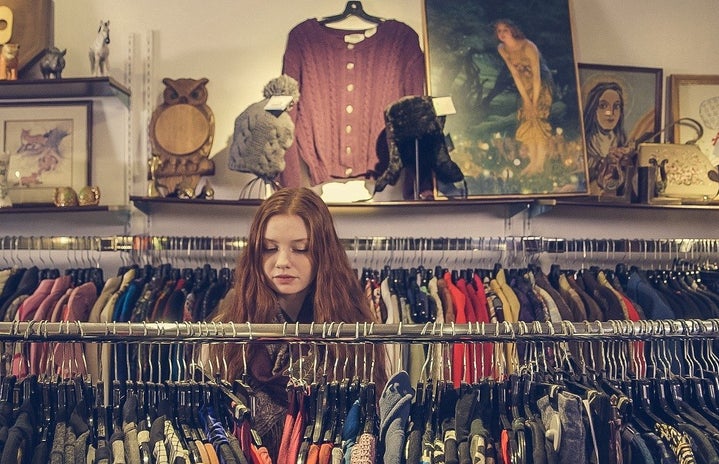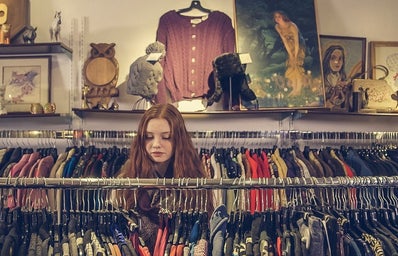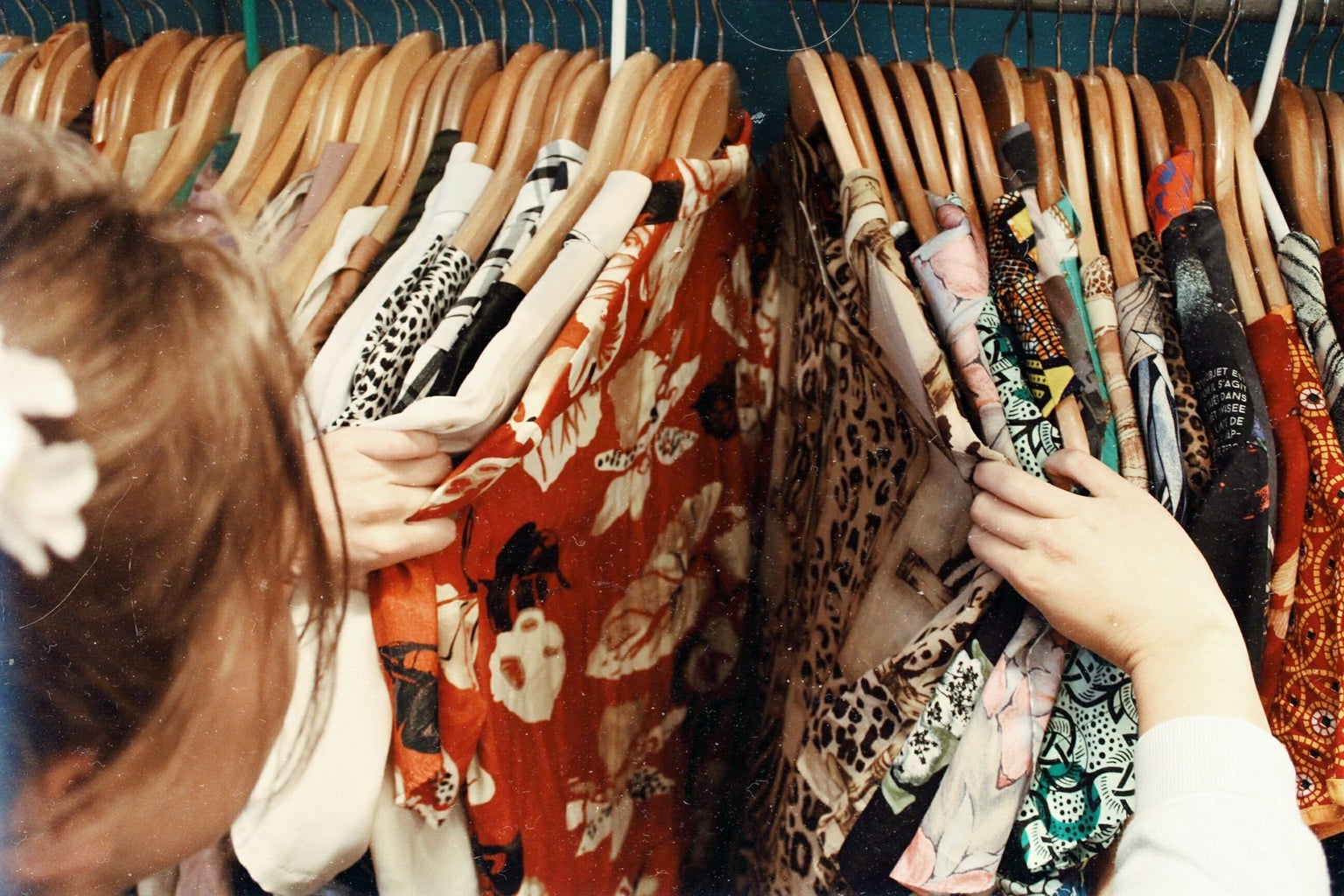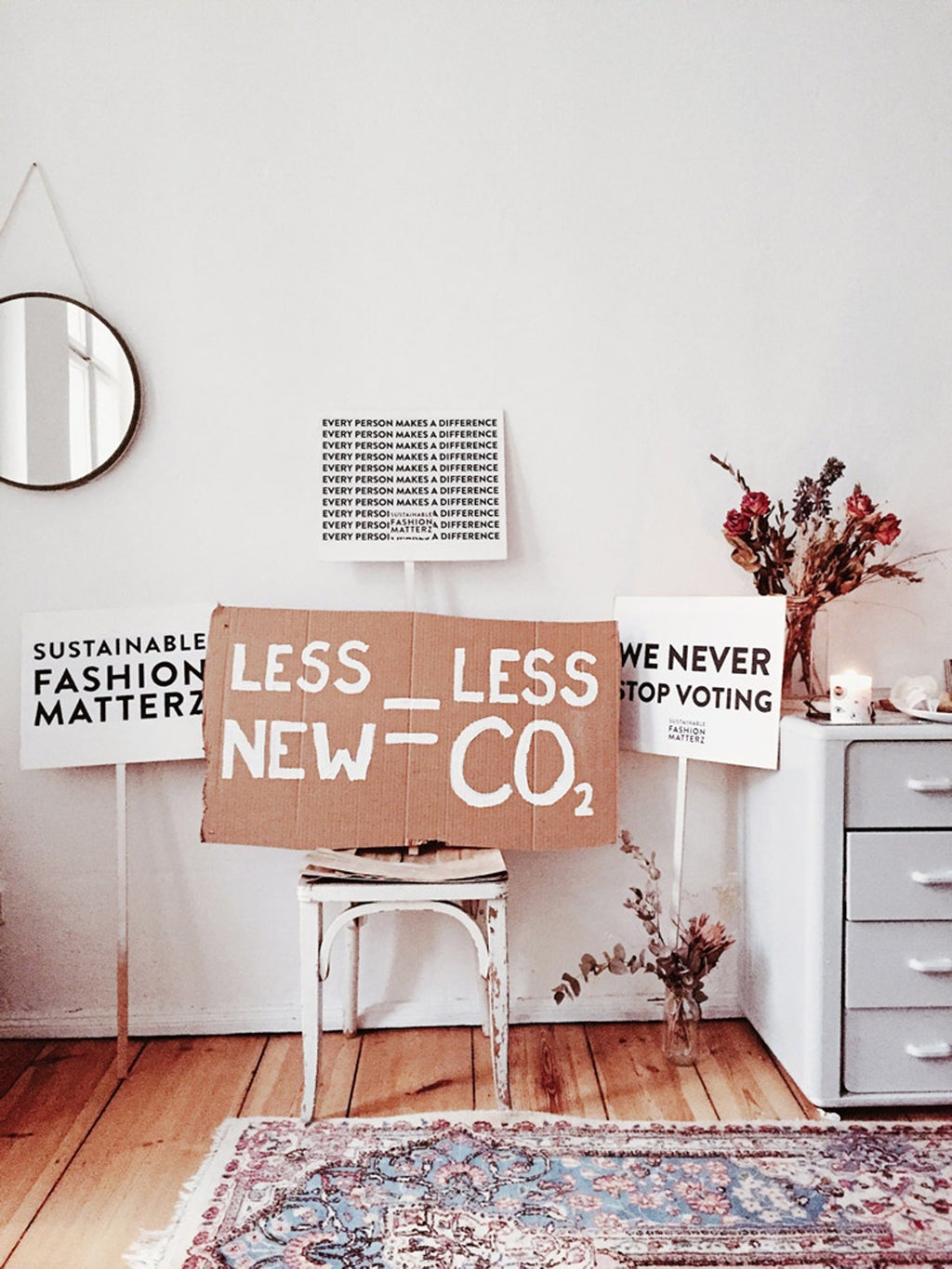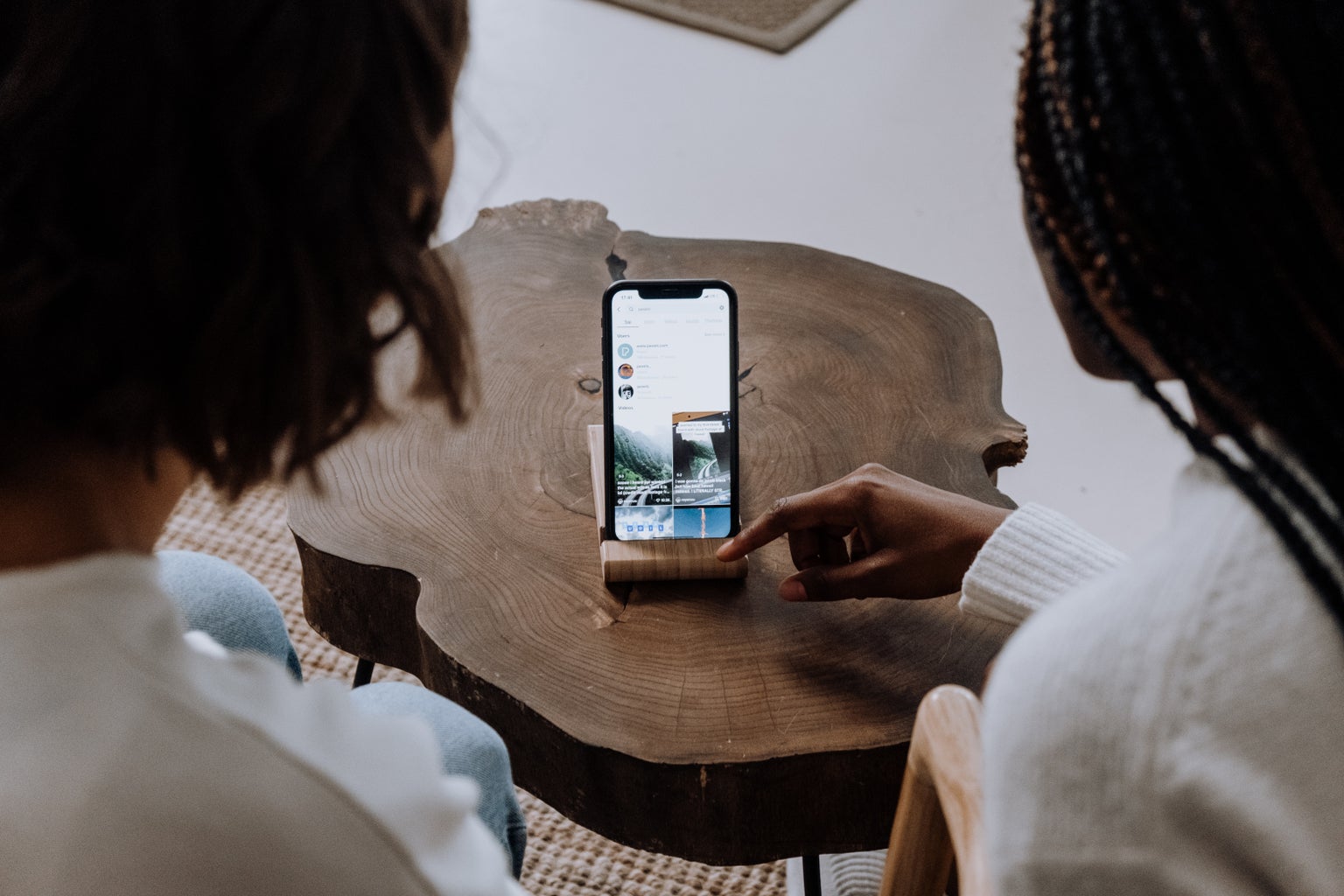The past few years have seen a dramatic rise in consumption from the general public. Consumption in the material sense, like clothes, shoes, or books, but also consumption in a new sense of the word: consumption of online content. This relatively new type of consumption has risen since the onset of the COVID-19 pandemic. As new avenues of consumption have appeared, the byproducts of a culture addicted to consumption have popped up at the crossroads of these avenues. Micro-trends and the success of fast-fashion companies like Shein are only some of these byproducts. The consequences of fast fashion and micro-trends have been examined in depth before, so instead, I would like to explore the powerful personal benefits of what happens when you challenge yourself to consume less and to consume mindfully.
Earlier this year I had the opportunity to go on an academic exchange to the University of Edinburgh in Scotland. I packed my life into two suitcases and a backpack and moved across the world for five months. I can count on one hand the number of new pieces of clothing I bought while on exchange. This temporary reduction in clothing consumption did not arise from the goal of consuming less, but it sparked my desire to continue this pattern once I returned home. In Scotland, I was saving my money for other expenses, like travel; plus, I would not have been able to fit more clothes into my suitcases when I brought them home. Instead, I wore and re-wore the limited wardrobe I brought abroad, and some pieces I wore until they couldn’t possibly be worn again.
I started to feel a sense of pride when I saw a fraying thread or a small hole appear in one of my go-to garments because it meant that I was getting the absolute most out of these pieces of clothing. I know how to do basic sewing, so that was especially helpful in fixing up small tears or holes. Slowly but surely, my desire to buy new clothes faded, and with this faded another desire that had seemed inescapable to me—being trendy. When I returned from my exchange, I carefully sorted my clothes back into my dresser, leaving out quite a few for donation. As I sorted through my drawers, I saw so many other pieces of clothing that I had worn once or twice but had always hesitated to let go of. My pile of clothes for donation grew, and as my dresser became lighter, so did my heart. Donating those clothes felt as if I was freeing myself from years of trying to buy clothing to fit in, not because I liked the pieces. I kept what I knew I would wear and let go of everything else.
Our modern culture promotes the idea that the more material wealth you gain, the happier you will be. While this myth has been debunked time and time again, it was never something I was able to internalize, which also seems to be the case for many people. I used to buy things I didn’t really need just because they were on sale, or because they were cheap. Most of the new things I bought, especially clothing, would be used or worn once or twice, but I would always return to the same classic pieces of my wardrobe, or the shoes I wore every day.
Letting go of the belief that I needed to have the newest style of clothing or the newest iPhone not only saved me a ton of money, but it helped me develop a sense of self. By pushing yourself to really consider why you want to buy something, you discover how much of your consumption is not influenced by personal needs but by trends, societal norms, and the marketing efforts of large corporations. Consuming less in a material sense allowed me to develop a sense of personal style, as well as a newfound appreciation for all the things I already own. I look at my wardrobe with a sense of pride that has been years in the making. I don’t look at the sweater I’ve had since the tenth grade as being outdated or not trendy, I look at it fondly for all the places it has been with me.
It wasn’t just stopping my consumption of clothing that gave me this feeling of freedom and sense of self; I also significantly reduced my consumption of media that promotes micro-trends and a high-consumption lifestyle. Deleting TikTok was more difficult than buying less clothing, but it has changed almost every aspect of my life. I used to spend hours mindlessly scrolling on the app, filling my brain with other people’s opinions, seeing people unbox giant clothing orders from Shein or Aritzia, and becoming more jealous of other people’s lives with every video I scrolled past. The thing about TikTok, and most social media for that matter, is that you forget how out of touch with real-life people’s online personas are. It’s easy to forget that most people do not live the lives you see influencers posting about. Most people are not living in a New York City studio apartment, wearing three different outfits a day, and going out every night.
It felt a bit strange at first, being out of the loop on the newest funny TikTok trend or sound, and there are definitely still times I miss it. Every time I consider downloading the app again, I think of how much it contributed to my feeling of needing to be trendy, of needing to conform. I know that not everyone has this kind of relationship with TikTok, but I think the platform influences its users on a subconscious level. I didn’t even realize the depth of its impact on me until I stopped using it.
Not only does TikTok create unrealistic standards for the consumption of clothing by creating micro-trends, but it also fills your brain with so much new content that it is impossible to process it all. Deleting the app felt like coming up for fresh air after being stuck in a pool of never-ending content. I felt like I was able to connect with myself and my thoughts again, after spending so long consuming the content created by others and the thoughts of others.
Buying less clothing and deleting TikTok are two examples of how reducing your consumption, whether it be of clothes or media or something else, can give you the freedom to connect with yourself. In a world that encourages us to never stop consuming and to always be in search of a way to gain more, it is a powerful and radical act to pause and really consider why we consume what we do. It is powerful to take care of the things you own and to take care of yourself so that you can break free from the cycle of consumerism that only benefits the corporations who work the hardest to maintain this cycle.
